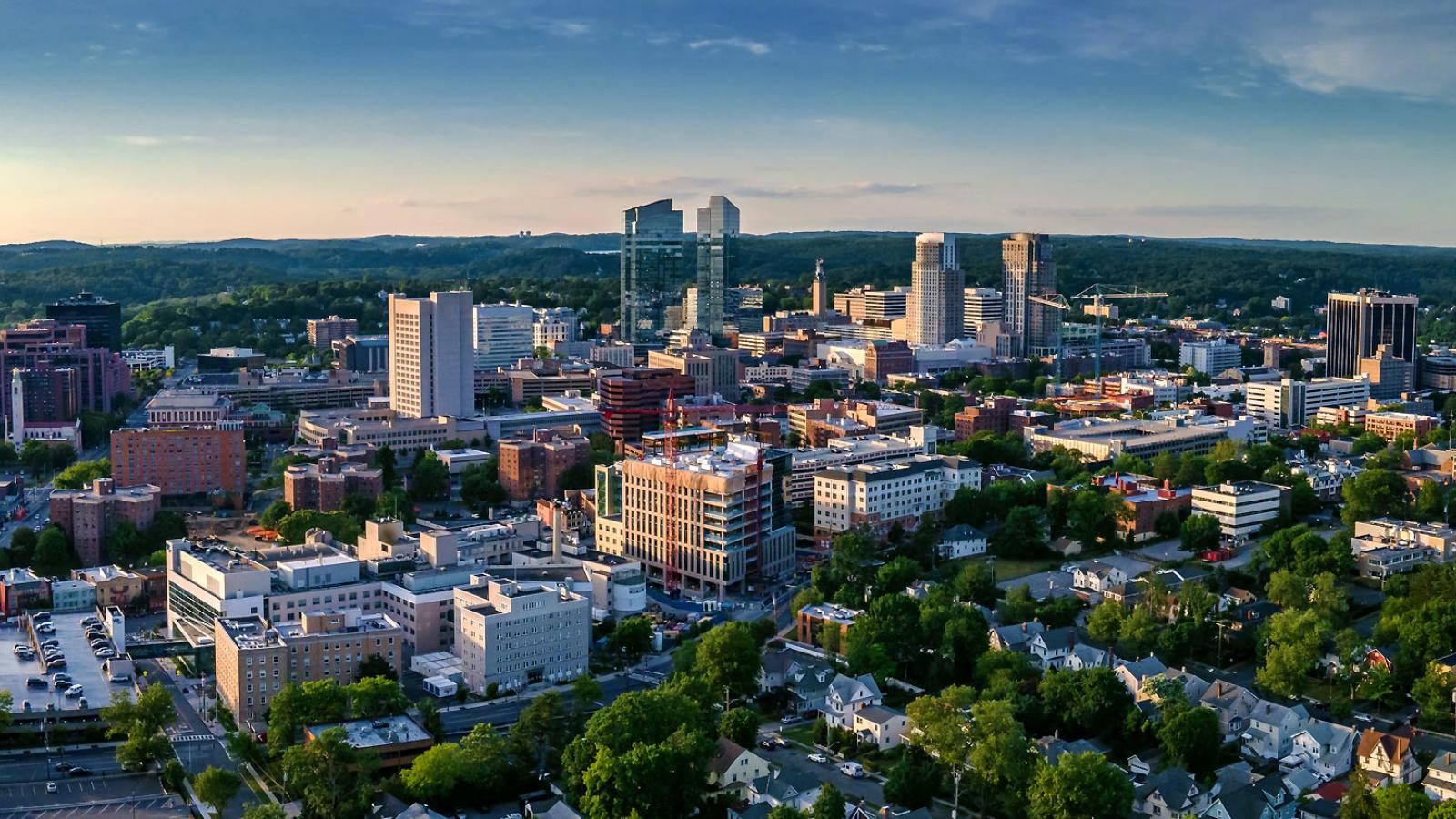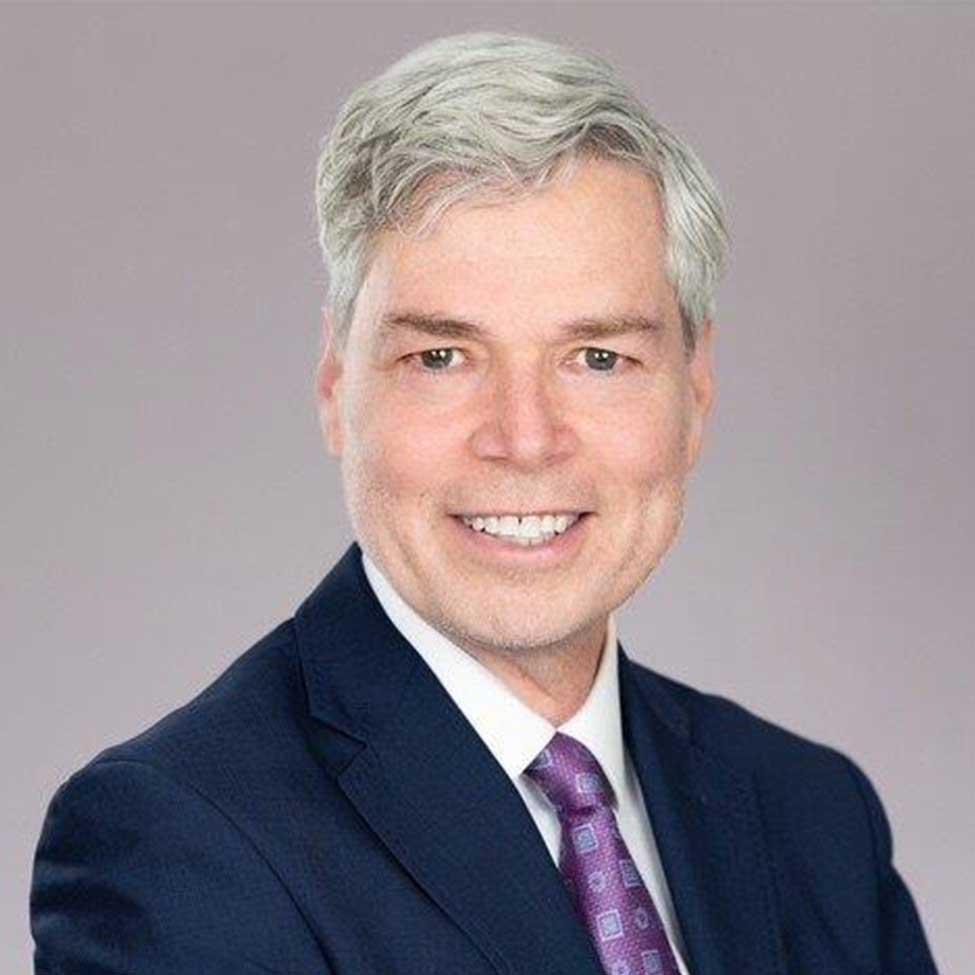
The Theodore W. Kheel Center on the Resolution of Environmental Interest Disputes was launched in April 2008 to train lawyers and local leaders in environmental and land use dispute resolution. Located at the Land Use Law Center on the Pace Law School campus in White Plains, New York, the Kheel Center aims to promote the use of non-traditional forums to resolve environmental and land disputes. To further this mission, the Kheel Center bestows an annual Founder’s Award upon an individual or municipality that has worked collaboratively with a community and reinvented democracy to make change happen.
-
Image

The Land Use Law Center is pleased to honor Mayor Roach with the 2025 Founder’s Award to recognize him for his exemplary leadership in the City of White Plains. This award is bestowed each year in the name of Theodore W. Kheel, the great American attorney and labor mediator, renowned for his ability to build consensus and resolve conflicts, and who was a major supporter of the Land Use Law Center.
Mayor Thomas Roach is the 18th Mayor of the City of White Plains.
In February 2011, while serving as Council President, Tom was elected Mayor in a special election. Tom won election to his first full term in 2013; he then won reelection to a second term in 2017, and third term in 2021.
Mayor Roach remains committed to his values, which guides his leadership of the City of White Plains. His overarching goals during his tenure as Mayor ensures quality, equity and sustainability in the City of White Plains. Mayor Roach seeks to do the following:
- Maintain a diverse city where everyone experiences a high quality of life;
- Invest in and improve the City’s downtown to ensure that the city’s municipal services and retail and service industries meet the needs of the City’s diverse and dynamic community;
- Ensure sustainable practices are top of mind when municipal infrastructure are upgraded and development plans are contemplated;
- Remain financially stable when delivering high-quality municipal services to residents of the City of White Plains.
Maintain and Grow a Diverse City: Mayor Roach has prioritized growing the number of affordable housing units in the city to ensure that White Plains remains a city that people of all income levels can call home and he has revamped the City's Affordable Rental Housing Program to ensure that more people will be eligible to participate in it.
Build a Downtown for the Future: Mayor Roach continues to work to develop a city that will meet the needs of the 21st century. In 2024, the City was the recipient of the New York State Downtown Revitalization Initiative of 10 million dollars, which will fund innovative projects that will enhance the experience of the downtown. Additionally, in 2025, the City of White Plains adopted the White Plains Vision Zero Action plan that will enhance the safety of the City’s roadways regardless of mode of transportation and will prioritize climate resilience, sustainability and economic vitality.
Tom has brought a number of new events to the downtown. Under Tom’s initiative, the City received grant funding to enhance Court Street, where a number of these events occur, as a premier event space. The enhancements make it easier and less expensive to hold events there. In 2023, opened the Veterans Memorial Garden, which is located in the publicly accessible green space behind White Plains City Hall.
Ensure Sustainable and Resilient Practices: Tom is well known for spearheading important environmental and sustainability initiatives including:
- creating the first dedicated bike lanes (including the first protected bike lane) in the county; establishing a network of electric vehicle charging stations in municipally owned parking structures;
- replacing streetlights and lighting in several city-owned garages, with LEDs;
- initiating a textile-recycling program; and,
- designing and constructing an on-site food scrap composting facility at the Gedney Recycling Yard.
- installing fast chargers for electric vehicles at the Chester – Maple Garage in downtown White Plains.
Under his leadership, the project to cap the city’s landfill, which closed more than 30 years ago, was successfully completed.
The City adopted a much-needed recreation and parks impact fee on new multi-family residential developments. The fee is used to enhance existing city parks and playgrounds and to create new ones. He opened a new city park, the Bryant – Mamaroneck Park, which has a passive walking trail and features a popular StoryWalk. In 2023, the City transformed an idle, desolate 1.47-acre former parking lot, across from the Metro- North Train Station into an active, sustainable naturalized area, through rewilding. The Battle Hill Pollinator Habitat serves as a critical shelter and habitat for moths, butterflies, native bees, fireflies, beetles and hummingbirds and provides a place of respite for our residents.
The City partnered with the New York Power Authority on a large-scale community solar project using a portfolio of city-owned sites. The 6.8-megawatt (MW) community solar portfolio triples the amount of solar energy produced in Westchester County. The City of White Plains total solar generation capacity is 13.5 MW which amounts to approximately 220 watts per capita, placing White Plains among the top ten cities in the nation for solar generation. The city has also streamlined the residential solar permitting process so the proliferation of solar is seamless and efficient.
The City of White Plains has been designated a Clean Energy Community since 2017 and in 2024 became a New York State Silver Climate Smart Community.
Remain Financially Stable while Delivering High-Quality Municipal Services: During his time as Mayor, Tom has worked to maintain strong city services under difficult financial conditions by producing budgets compliant with the state mandated tax cap, maintaining the city’s AA1 credit rating, and improving its financial outlook to one that is “stable.”
The Distinguished Young Attorney Award is given to a graduate of Elisabeth Haub School of Law at Pace University and the Land Use Law Center who demonstrates the type of service and commitment to the industry, region, and people that the Land Use Law Center celebrates.
-
Image
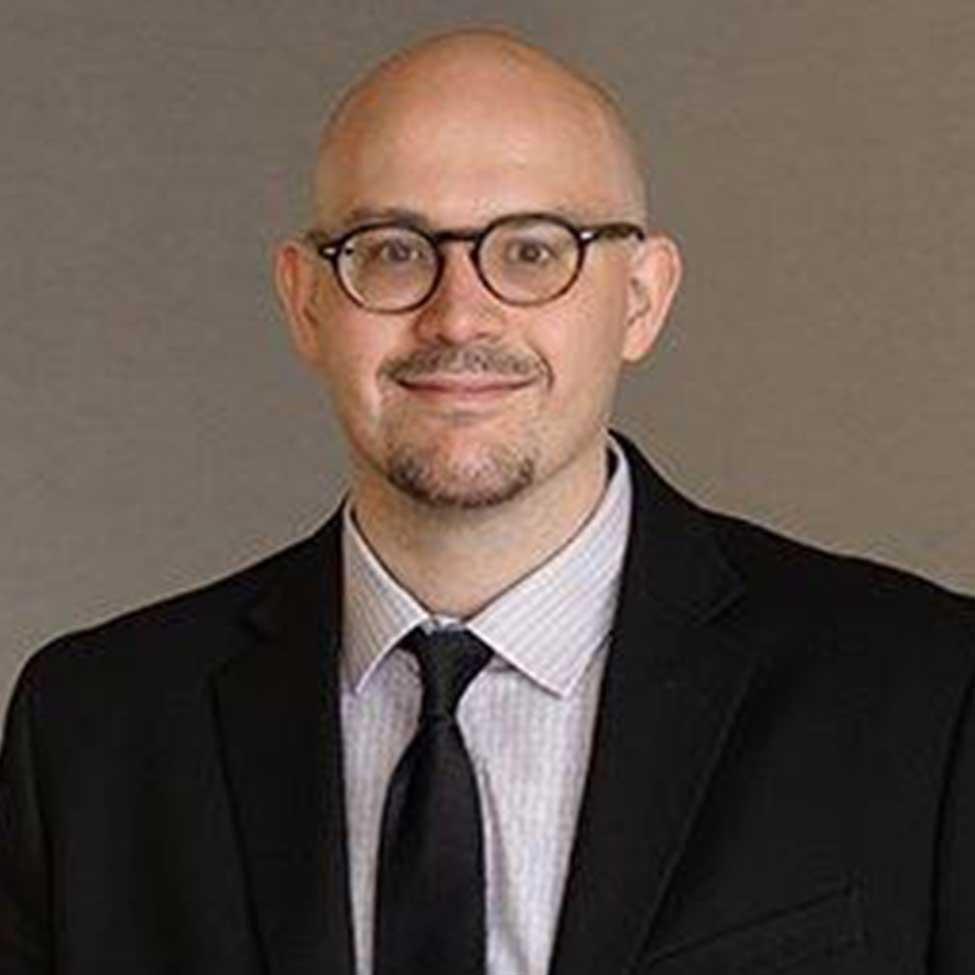
Maximillian is an Associate at Cuddy and Feder. He counsels clients in a wide range of local and state permitting and environmental review matters and regularly represents applicants before public bodies.
While at the Elisabeth Haub School of Law, Maximillian worked in various capacities for the Land Use Law Center and received the Distinguished Service Award from the Land Use Law Center. Maximillian served as a Judicial Intern for the Chief Judge for the Eastern District of New York, and interned for the Village of Ossining, NY Corporation Counsel, as well as for Johnson, Haslun & Hogeman, a boutique land use law firm in Greenwich, Connecticut. Maximillian has a Master’s and Bachelor’s of Urban Planning from the University of Illinois at Urbana-Champaign, and while in graduate school, he interned for the City of Urbana, Illinois Planning Department. Maximillian is also the Chair of the Planning and Law Division of the American Planning Association, and on the Board of White Plains Bar Association.
Cuddy & Feder LLP proudly serves clients in the areas of real estate; public and private finance (including tax-exempt and taxable bond financing); litigation & appellate practice; land use, zoning & development; cannabis law; telecommunications; energy & environmental; non-profit organizations; and trusts, estates & elder law. Over 50 years, we have established ourselves as the leading law firm serving a vast region that includes Westchester, New York City, Connecticut and the Hudson River Valley. Our foundation is local, and we enjoy enduring relationships with leaders, institutions and decision-makers in the communities we serve.
The Groundbreaker’s Award is given to a graduate or a group of graduates of the Center’s Land Use Leadership Alliance (LULA) Training Program who have done exemplary work in a community or a region using the types of land use and decision-making tools and techniques taught in the LULA program.
-
Image
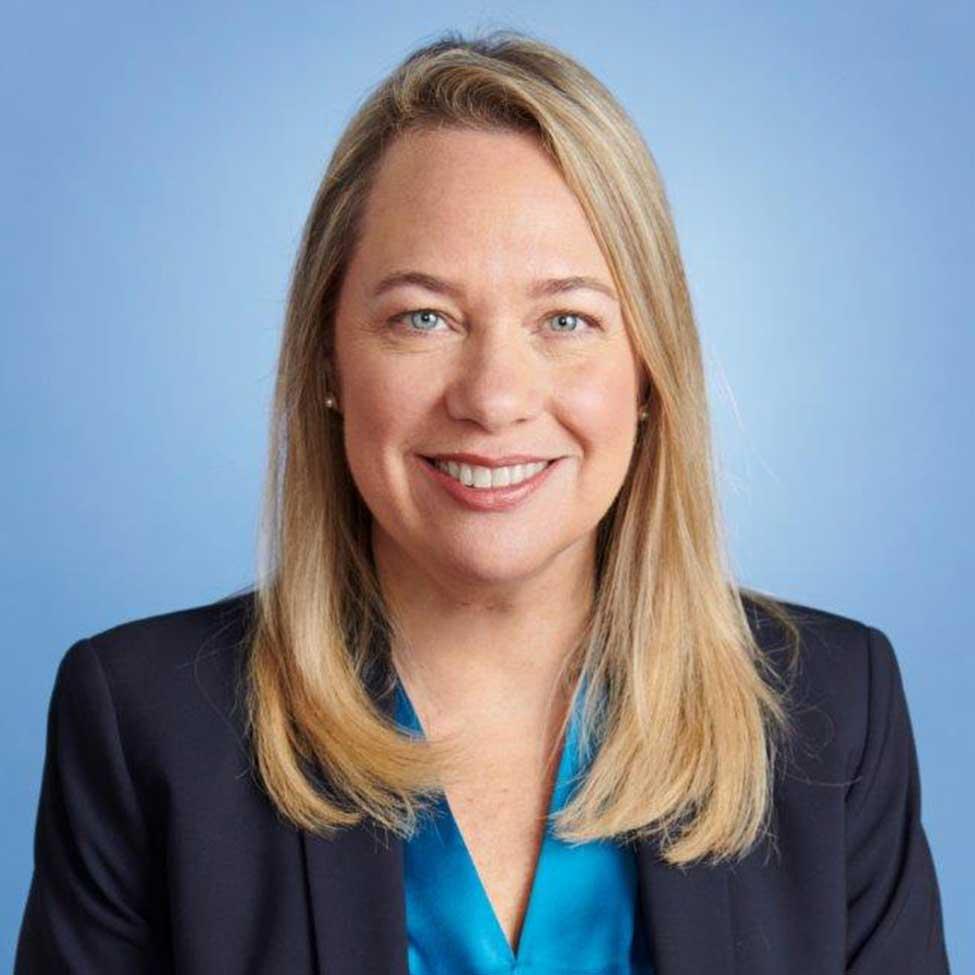
Legislator Catherine Parker has dedicated her career to strengthening Westchester County’s environmental resilience and fostering sustainable, community-driven growth. Representing District 7 on the Westchester County Board of Legislators since 2014 and previously serving six years on the Rye City Council, she has been a steadfast advocate for smart land-use planning, flood mitigation, and climate-conscious legislation. Her approach to leadership embodies collaboration, evidence-based decision-making, and a long-term vision for healthier, more resilient communities.
Throughout her public service, Catherine has championed landmark initiatives that reflect the principles taught by the Land Use Law Center’s Land Use Leadership Alliance (LULA) program. She has advanced watershed protection projects and innovative flood mitigation efforts, including comprehensive stormwater planning and living shoreline restoration along Long Island Sound. As Chair of the Environment & Energy Committee, she led legislation phasing out heavy heating oils, created the county’s first Office of Sustainability, and pushed forward clean energy policies to reduce carbon emissions and prepare infrastructure for future climate challenges.
For the past several years, Catherine has also partnered with the Westchester County Association and the Land Use Law Center to expand access to the LULA program. Through this collaboration, she has helped secure funding and support to ensure that more municipal leaders across Westchester can receive training in best practices for land use, sustainability, and community planning.As Majority Leader from 2018 to 2020, Catherine also helped restore fiscal stability to the county budget while prioritizing environmental stewardship, demonstrating that sustainable solutions can go hand in hand with strong financial management. She has built a reputation as someone who brings municipalities, agencies, and residents together to tackle shared challenges with creativity, persistence, and vision.
Catherine’s decades of public service reflect her unwavering commitment to protecting natural resources, improving community resilience, and ensuring that future generations inherit a safer, healthier Westchester. Her leadership has left a lasting mark on the region’s environmental policies and the collaborative spirit of its local governments. Through her tireless efforts, she has shaped a legacy defined by action, progress, and a deep belief in the power of community-driven solutions. Due to term limits Catherine Parker will be stepping off of the Board of Legislators this year, but she looks forward to her next chapter of service to Westchester County residents where she can take her commitment to environmental stewardship and sustainability to the next level.
This award is given at the annual land use conference to a graduating student who has excelled in contributing to the mission of the Land Use Law Center.
-
Image
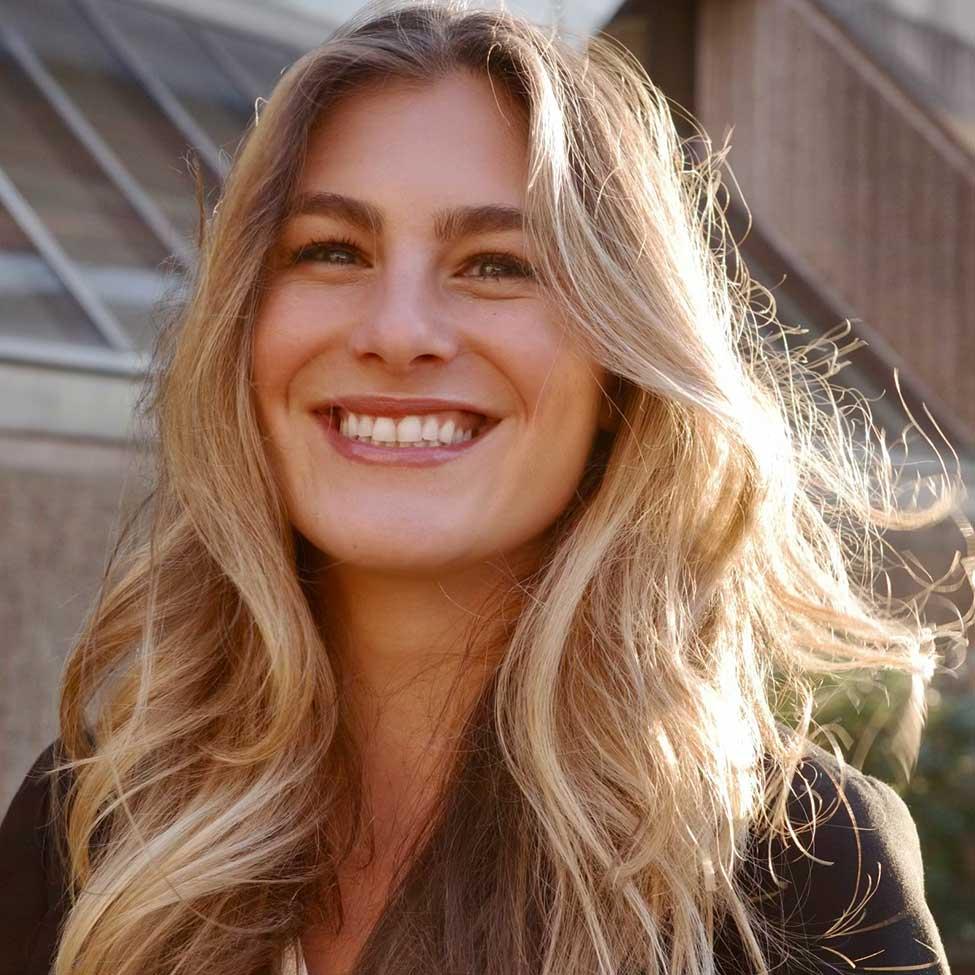
Emily Petermann has produced exceptional work and engaged fully with all aspects of the Land Use Law Center. She is pursuing a Juris Doctor degree at Pace with an advanced degree in Environmental Law, where she is ranked sixth in her class.
In her 1L year, she participated in the Land Use Law Center as a 1L Scholar, conducting research and presenting on the topic of vegetated urbanism. She also served as a research assistant to Professor Robinson, conducting comparative legal research on international rights-of-nature cases and their alignment with global treaties. During her 1L summer, she interned in the chambers of the Honorable Joseph Marutollo, United States Magistrate Judge for the Eastern District of New York, where she conducted legal research and writing on a wide range of civil and criminal litigation matters.
During her 2L year, Emily led a team of first- and second-year law students researching and presenting on sea level rise. Her research was featured in Professor Nolon and Maureen Hartwell’s Mysterious Power of Land Use Law: Constructing a Framework for Climate Resilient Development article, and she presented her findings to Kansas Law School as part of Professor Nolon’s CRD presentation. She also created the CRD outline to compile all student work, and in her current role as a management team member of the CRD project at the Land Use Law Center, she is helping promote the project to ensure it reaches those who can benefit most.
She showcased the power of land use law at Green Ossining’s 15th Annual Earth Day, where she led a focus group with community members.
Additionally, she served as a vice chair of the board for the 2025 National Environmental Law Moot Court Competition.
During her 2L summer, Emily was a summer associate at Hodgson Russ, working in the Environmental and Energy Practice Group on land use issues involving municipalities and industry groups.
Emily is the Managing Editor of the Pace Environmental Law Review, where she serves as second-in-command and oversees the review’s operations. She is also a student in the Food and Farm Business Law Clinic at Pace Law School.
She looks forward to completing her law degree and pursuing a career in environmental law and policy, with a focus on climate-resilient development in land use.
